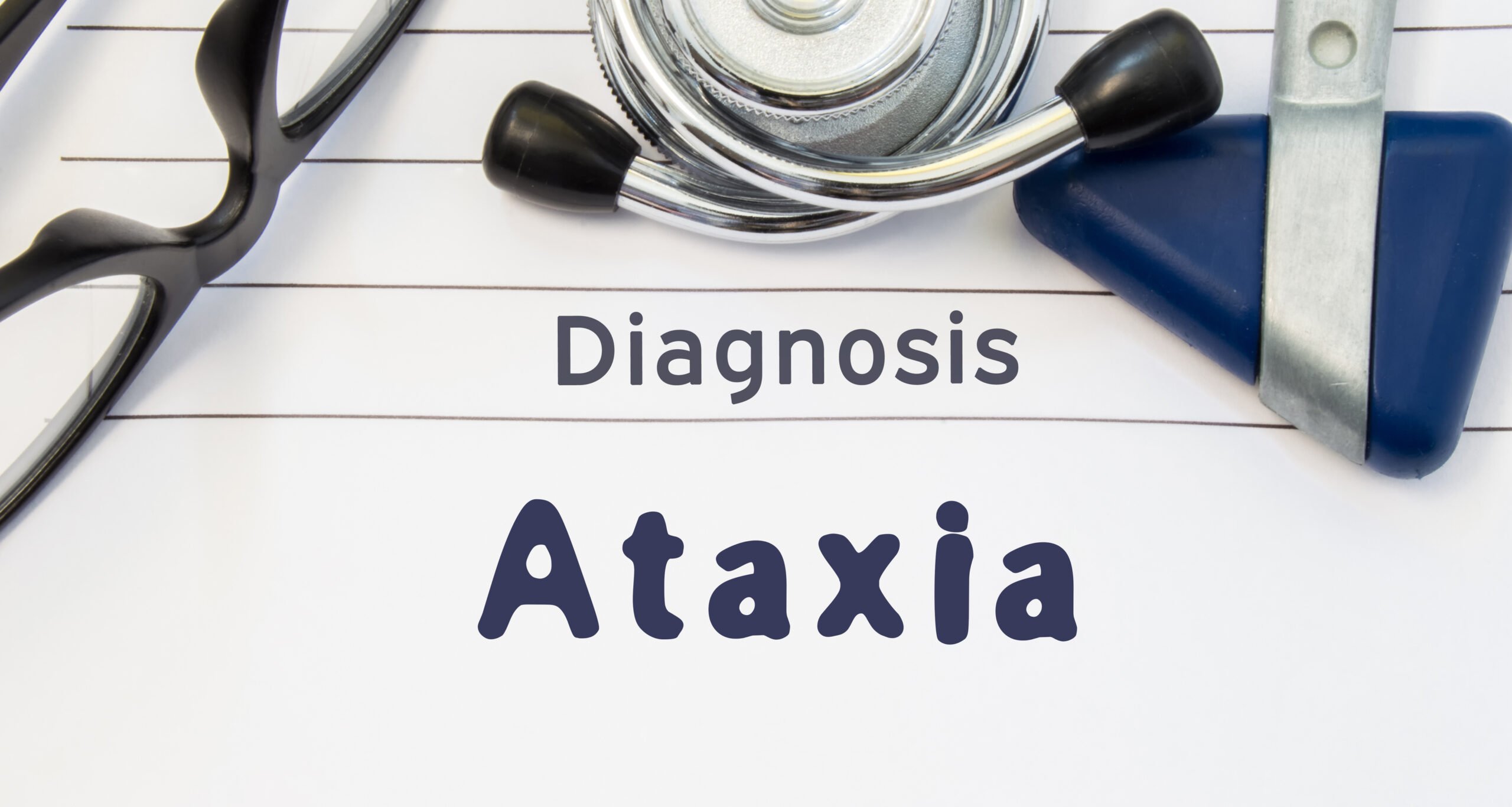Evidence is accumulating that Aspirin® may be effective in cancer prevention, as well as in inhibiting metastases. One of the most renowned researchers and best-known representatives of this new optimism is Peter M. Rothwell. He presented recent studies at this year’s ESMO Congress. Especially the results on colorectal carcinoma are promising. For other forms of cancer, many uncertainties remain.
(ag) Randomized, controlled, long-term studies examining aspirin in the prevention of vascular events show that daily use of acetylsalicylic acid (ASA) reduces the incidence of colorectal cancers as well as their metastasis, according to Prof. Peter M. Rothwell, MD, Oxford.
“However, because statistical evidence of an effect on rare forms of cancer and those in women is lacking, the results need to be supplemented. A review [1] published in 2012 therefore drew on information from several reliable observational studies. These also conclude that regular aspirin use reduces the long-term risk of dying from colorectal cancer. In addition, similar results can be found for esophageal, gastric, biliary, and breast cancers. The number of distant, but not local, metastases decreases.”
High vs. low doses
“So overall, the evidence from the randomized controlled trials and the observational studies is consistent and supports good efficacy of aspirin in cancer prevention,” Prof. Rothwell said. “High doses of 300 mg or more per day, taken for five years, result in effective primary prevention of colorectal cancer. However, this effect becomes apparent only with a latency of ten years [2]. Furthermore, side effects may limit the potential of aspirin in long-term prevention.”
The question is whether lower doses and frequencies of intake also lead to similarly good results. There is preliminary evidence from up to 20 years of follow-up [3] that even several years of administration of at least 75 mg/day can reduce the long-term incidence and mortality of colorectal cancer, particularly of the proximal colon.
Effect also in alternating rhythm?
A 10-year follow-up study [4] involving 33 682 women aged 45 years or older (“Women’s Health Study”) failed to demonstrate an association for taking low-dose aspirin every other day with total breast or lung cancers but with the number of proximal colon cancers. The reduction became apparent after ten years. “So the authors suggest that long-term use of low-dose aspirin, even in an alternating schedule, reduces the risk of colorectal cancer in healthy women,” Prof. Rothwell said. “That said, it would obviously be misguided to make recommendations on extensive use; benefits and risks must be carefully weighed and differ by gender.”
Effect on non-colorectal cancers.
Cristina Bosetti, MD, Milan, addressed the preventive effect of aspirin on other diseases as well, such as lung, breast, prostate, ovarian and bladder cancer. She presented results from a meta-analysis [5]: When several observational studies are reviewed, a significant risk reduction can again be demonstrated, especially for colorectal and other types of carcinoma located in the digestive tract, but only a weak association for breast and prostate cancer, and none at all for ovarian or bladder carcinoma. The risk of lung cancer was significantly reduced in case-control studies but not in cohort studies. “Overall, results are heterogeneous across studies, and the impact of dose and duration of use remains unclear.”
In summary , the following statements can be made about the preventive use of aspirin:
- Observational studies show a small reduction (about 10%) in the risk of breast, lung, and prostate cancer.
- Some studies also point to a possible inverse association with endometrial and ovarian carcinomas.
- A few randomized clinical trials support the notion that aspirin may have a beneficial effect on preventing prostate, but not breast, cancer.
- The results on lung cancer are inconsistent.
- Causality and implications for the health care system remain unclear. On the one hand, because the results are heterogeneous and influenced by possible bias, and on the other hand, because clear findings on the dose and duration-risk relationship are lacking.
Personalized Prevention: Dreams of the Future?
“Aspirin is potent in chemoprevention. However, gastrointestinal symptoms and, in some cases, severe bleeding lead to concerns about broadly implementing the drug in this role,” concluded Cornelia Ulrich, MD, Heidelberg, Germany. “Furthermore, the risk-benefit ratio varies. In the future, it will be necessary to distinguish by individual population whether personalized prevention is an option. People with low risk factors for certain cancers but high genetic predisposition to bleeding and side effects should not take aspirin. However, in those who are genetically at risk of developing polyps, cancer or cardiovascular disease, administration may be appropriate.”

Pharmacogenetics, which predict how patients will respond to nonsteroidal anti-inflammatory drugs, must ultimately show who will benefit from such drugs and who will not. In addition, age, BMI, family history, and other biomarkers in the blood are critical to tailoring chemoprevention with aspirin.
Source: “Aspirin – A Wonder Drug in the Fight Against Cancer?”, Seminar at the 38th ESMO Congress, September 27-October 1, 2013, Amsterdam.
Literature:
- Algra AM, Rothwell PM: Effects of regular aspirin on long-term cancer incidence and metastasis: a systematic comparison of evidence from observational studies versus randomised trials. Lancet Oncol 2012 May; 13(5): 518-527. doi: 10.1016/S1470-2045(12)70112-2. Epub 2012 Mar 21.
- Flossmann E, Rothwell P: Effect of aspirin on long-term risk of colorectal cancer: consistent evidence from randomised and observational studies. The Lancet 2007; 369(9573): 1603-1613. doi:10.1016/S0140-6736(07)60747-8.
- Rothwell PM, et al: Long-term effect of aspirin on colorectal cancer incidence and mortality: 20-year follow-up of five randomised trials. Lancet. 2010 Nov 20; 376(9754): 1741-1750. doi: 10.1016/S0140-6736(10)61543-7. epub 2010 Oct 21.
- Cook NR, et al: Alternate-day, low-dose aspirin and cancer risk: long-term observational follow-up of a randomized trial. Ann Intern Med 2013; 159(2): 77-85. doi:10.7326/0003-4819-159-2-201307160-00002.
- Bosetti C, et al: Aspirin and cancer risk: a quantitative review to 2011. Ann Oncol 2012. doi: 10.1093/annonc/mds113 First published online: April 19, 2012.
- Lin Y, et al: Increased COX-2 expression in patients with ovarian cancer. African Journal of Biotechnology 2011; 10(66): 15040-15043.
CongressSpecial 2014; 6(1): 17-18
InFo Oncology & Hematology 2014; (2)1: 39-40.











